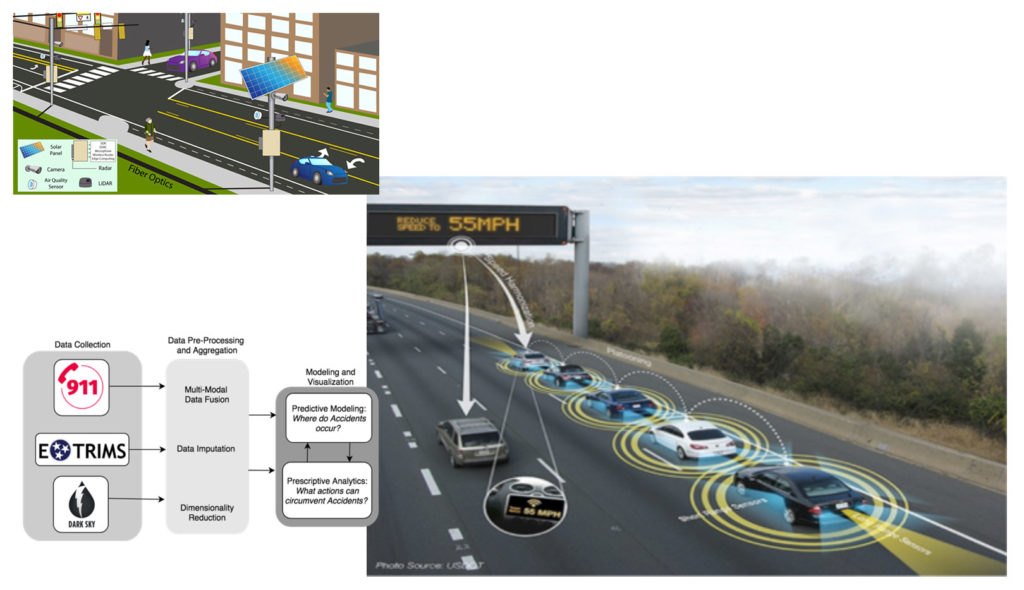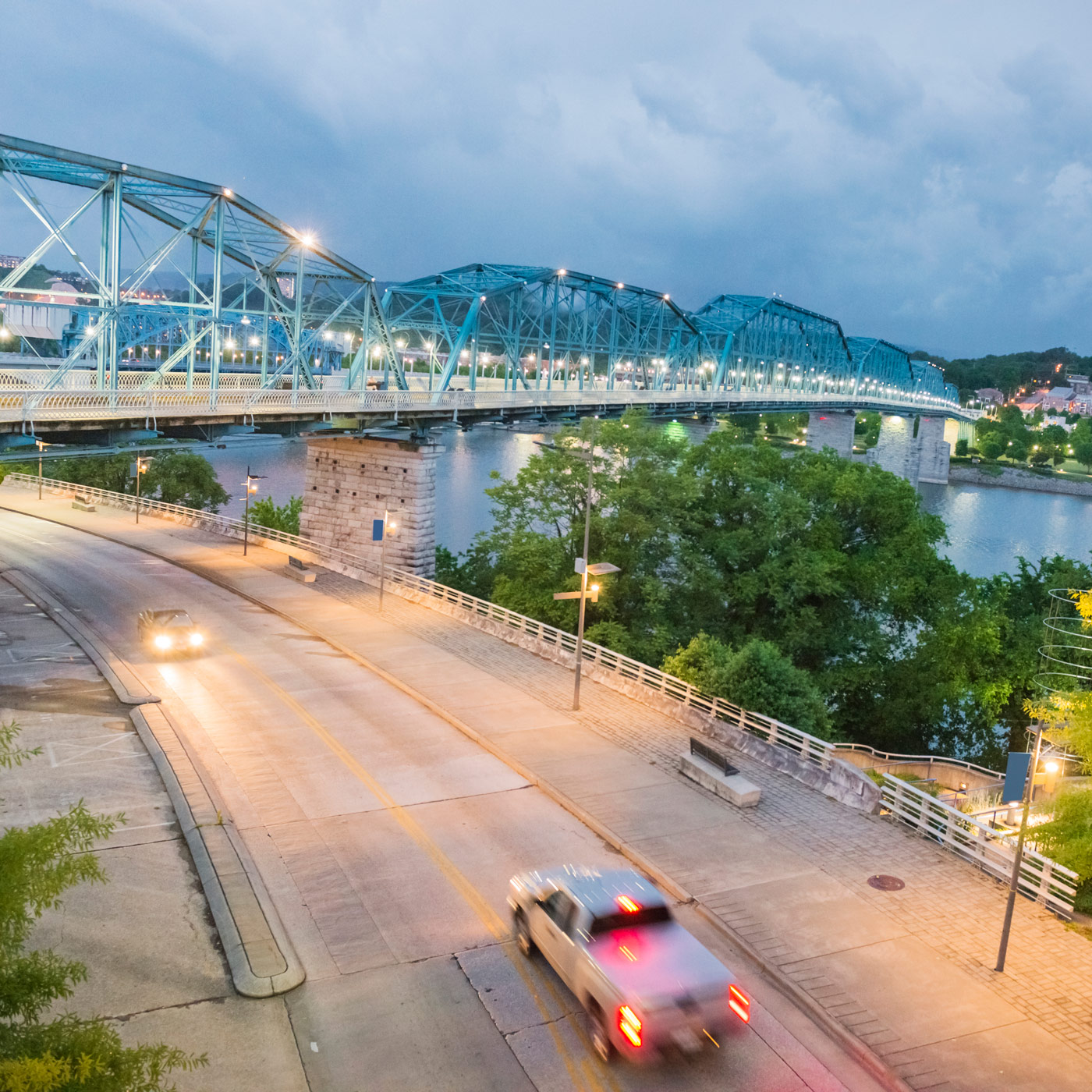From predicting where car accidents will occur to controlling traffic lights and diverting drivers, real-time traffic data can improve the quality of life for all commuters. Imagine a commute without a standstill, fender bender or lane closure. Innovators at UT Chattanooga are analyzing car crashes and identifying patterns based on contributing factors. This allows researchers to predict, with high accuracy, when and where accidents will take place.
Mina Sartipi, project lead and professor at the UT Chattanooga College of Engineering and Computer Science and founding director of the Center for Urban Informatics and Progress, hopes the project will aid city planners in mitigating risks—by adding signage and forcing drivers to adjust speeds.


The team also is partnering with Hamilton County officials to pilot a traffic monitoring system that offers widespread access to real-time, dynamic traffic and road data. Such information allows officials to effectively dispatch emergency responders, control traffic lights and divert motorists to keep traffic moving—and moving safely. “As cities grow, the demands on critical infrastructures such as transportation often outpace the ability of those infrastructures to deliver growing services,” Sartipi said.
What’s the team’s overarching goal? To improve quality of life for all—one commute at a time.

